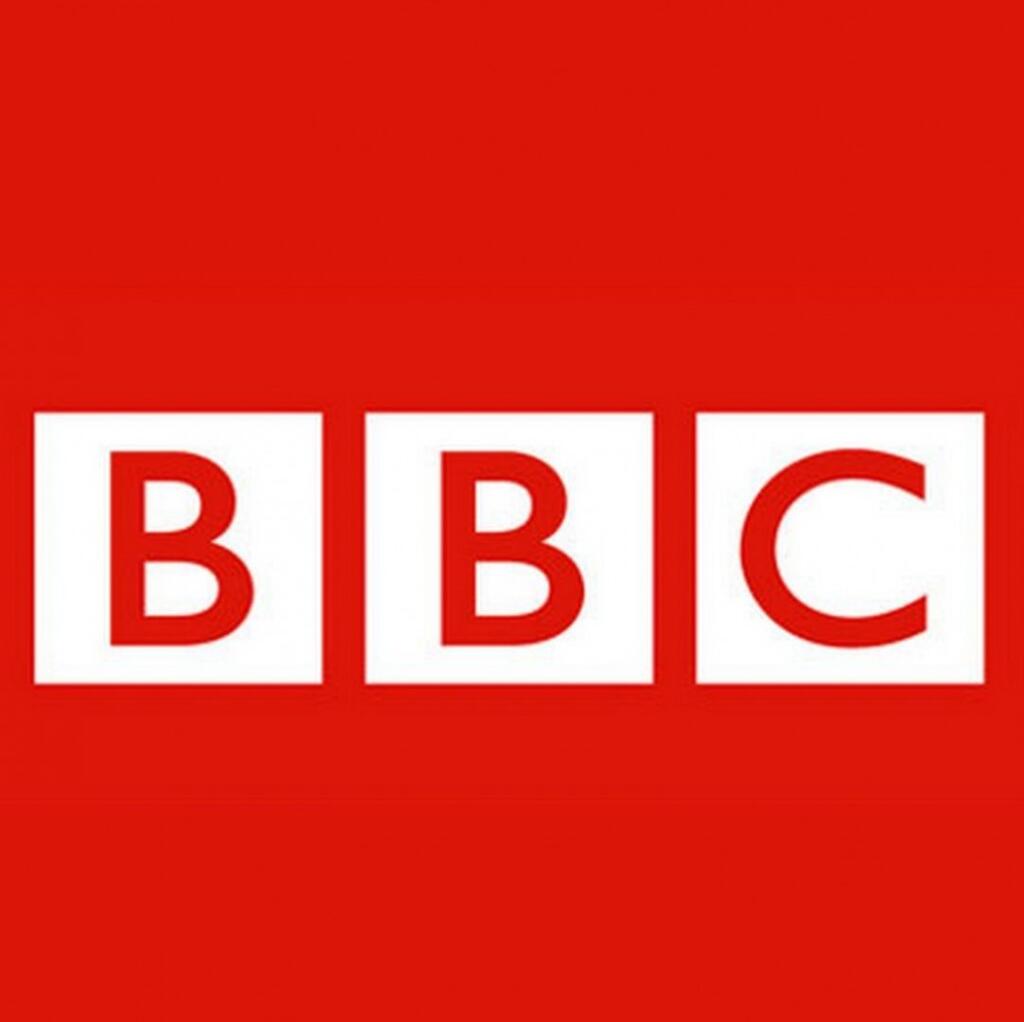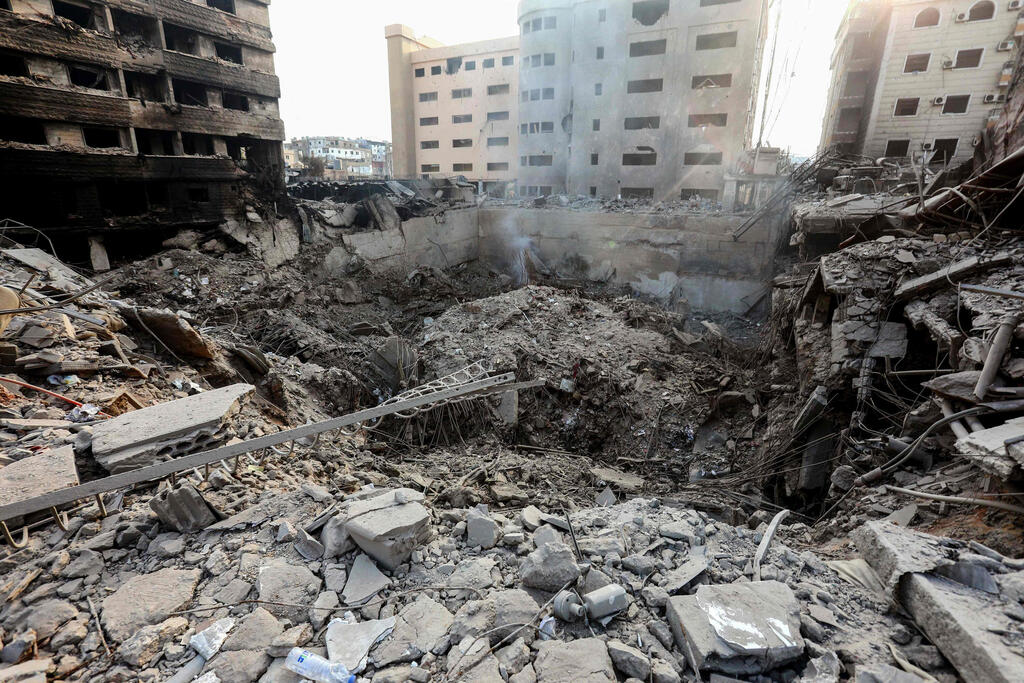Getting your Trinity Audio player ready...
Hezbollah’s Media Relations Office condemned the British BBC network on Monday after a team entered a village in southern Lebanon accompanied by the IDF. According to Hezbollah's announcement, published in an official statement, the BBC violated Lebanon's "territory, sovereignty, and applicable Lebanese laws."
Hezbollah released the following statement. "In the name of God, the Most Gracious, the Most Merciful. The BBC, with all its platforms and in different languages, did not just blindly side with the murderers and criminals and justify the Zionist barbarism against the Palestinian and Lebanese peoples, but brazenly sent a team that entered a southern village accompanied by the occupation army and violated the sanctity of Lebanese territory, sovereignty, and applicable Lebanese laws, as shown by the reports published by this institution."
"Hezbollah’s Media Relations condemns this unjustified and absolutely unacceptable move and demands the Ministry of Information, the National Media Council, and the relevant judicial and security agencies take the necessary legal measures against the BBC and its teams in Lebanon and protest to the BBC Company and the legal bodies representing it. It also demands that the unions of journalists, editors, and free media outlets in the world condemn this step," the terror organization said.
3 View gallery


A Hezbollah tunnel near Lebanon's border with Israel, containing weapons and equipment to be used in the planned invasion of the Galilee
(Photo: IDF)
Journalists were taken by the military spokesperson into South Lebanon, where troops uncovered Hezbollah's underground infrastructure. On Monday, the IDF revealed an 800-meter-long tunnel prepared with a fully-contained kitchen, and missiles and weapons in the ready for use by Radwan forces in their planned invasion of the Galilee.
Another tunnel that was located by the soldiers, had vehicles with full gas tanks, fitted with machineguns and new, still packed military gear ready for the invading terrorists to use, along with personal equipment they may need.
Hezbollah prefers that its activity be covered by agreeable, affiliated media networks such as the Lebanese Al-Mayadeen network, the Al-Akhbar newspaper, or Radio A-Nur. Whenever reports come from unaffiliated media networks, the terror organization raises problems, citing even violent incidents between Hezbollah operatives or supporters and journalists who came to cover a story.
Such clashes have often been seen in the Dahiyeh district in Beirut, an area considered Hezbollah's stronghold, which has suffered several attacks in recent weeks. The terror organization is trying to doctor the information coming out of Dahiyeh which explains why we have seen Lebanese broadcasts interrupted by Lebanese officials, either from Hezbollah or the organization's supporters, who did not allow them to broadcast freely from the areas of the attacks in recent weeks.
Golani brigade operates at Southern Lebanon
(IDF)
Hezbollah actively tries to suppress networks that broadcast, according to the terrorist organization, the Israeli narrative. Every once in a while, an article would appear on Hezbollah-affiliated networks, saying that any network violated the organization's "rules" and stood by Israel. For example, following the assassination of the former Hezbollah Chief of Staff Fuad Shukr, a Hezbollah supporter reprimanded a Sky News reporter after she had called the terror organization a "militia."
The Hezbollah supporter stood next to her and demanded that she never call the organization a militia while the Al-Akhbar newspaper reported the incident and added that it was biased coverage against Hezbollah.
Get the Ynetnews app on your smartphone:







